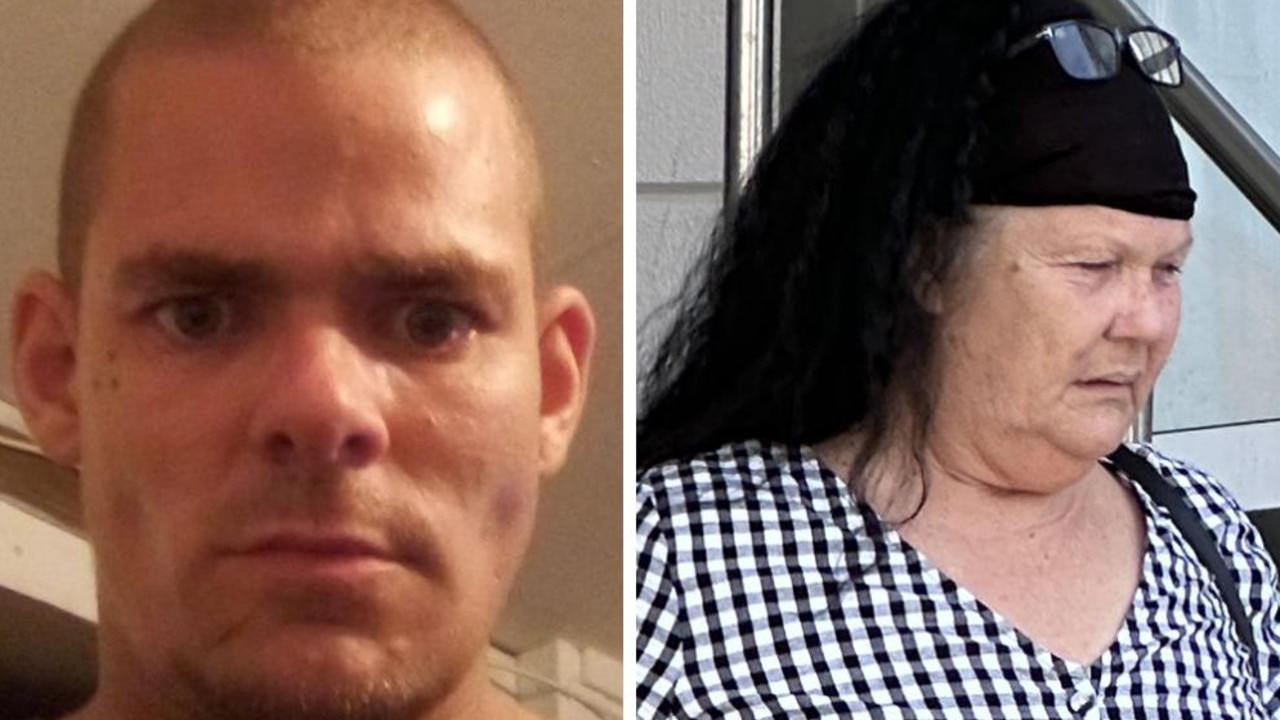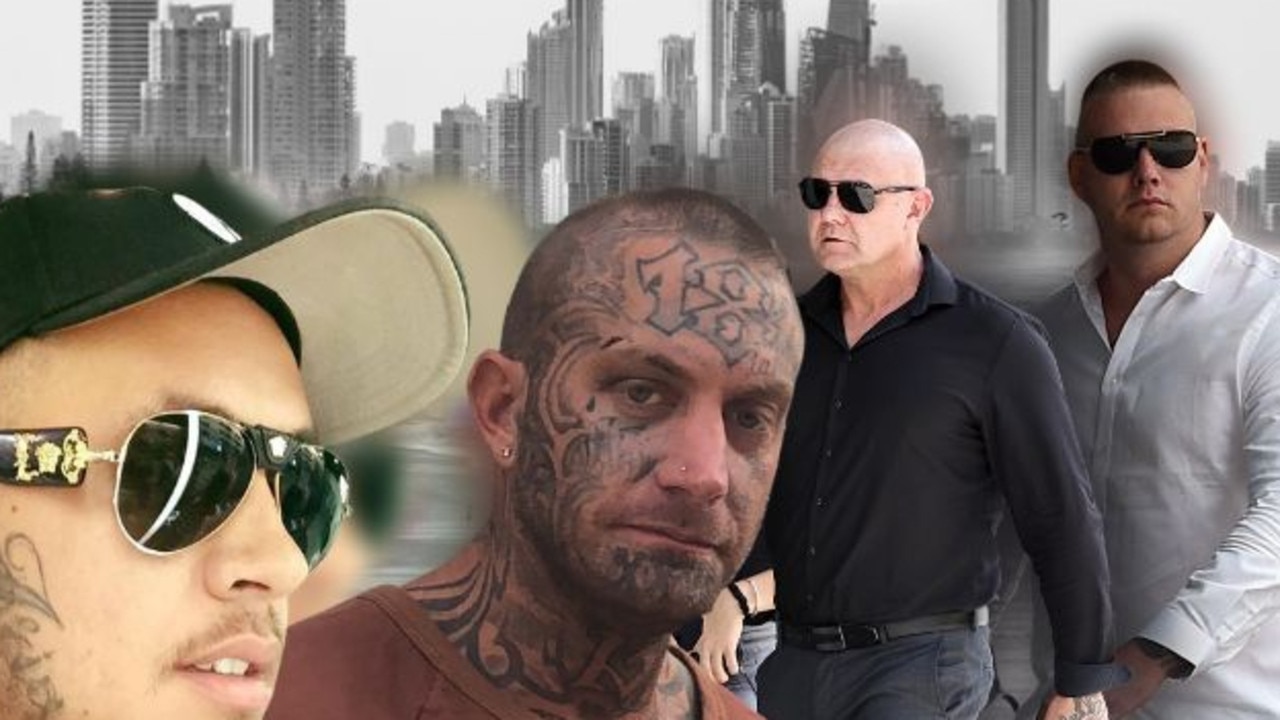Aussie bikies face bank crackdown on money laundering
One of the big four banks has warned bikie gangs will face their “greatest nightmare” in a move to halt money laundering and organised crime.
Bikies Inc
Don't miss out on the headlines from Bikies Inc. Followed categories will be added to My News.
One of the big four banks has warned bikie gangs will face their “greatest nightmare” as they work with the federal government to share transaction details to crack down on money laundering and organised crime.
New laws are being drafted to force lawyers and accountants to report suspicious transactions, which are likely to go before parliament next year.
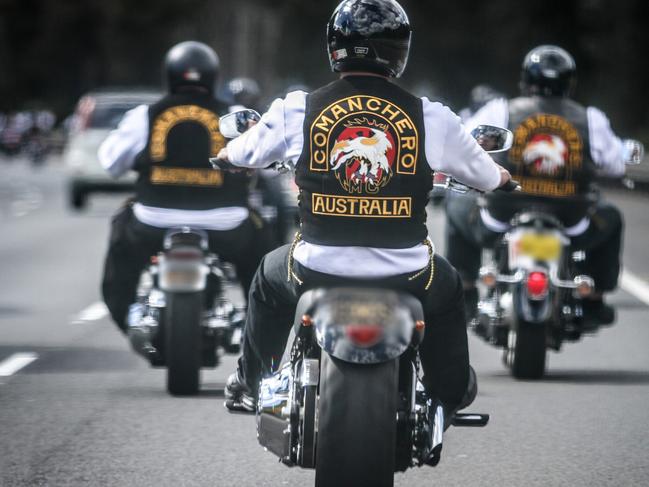
Banks are also working closely with the financial crime watchdog Austrac to monitor the $10 billion of drug money laundered in Australia annually.
Paul Jevtovic, chief financial crime officer at NAB, said more needed to be done to make it easier for banks to dob in organised crime suspects.
“The greatest nightmare for organised crime is when the private sector and the government sector are as one,” he told the Transparency International Australia’s conference in Melbourne.
Mr Jevtovic, who previously ran Austrac and the Australian Crime Commission, said the new laws should also make it easier for bank staff to report suspected crime.
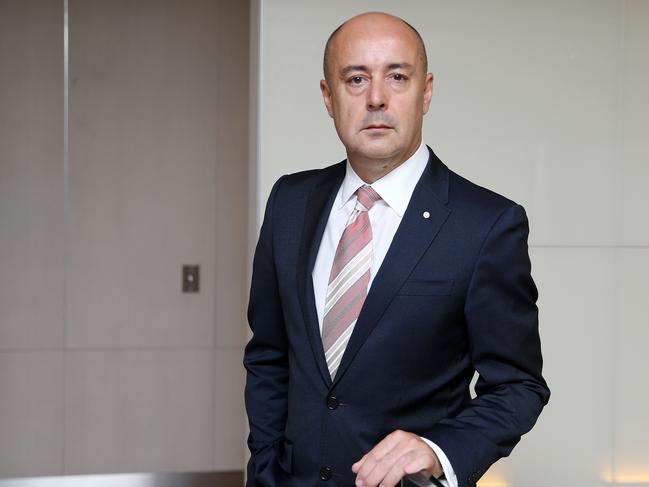
Currently, he said, some reporting was restricted by privacy laws.
“Looking at the privacy regime, the privacy regime in Australia was designed before the mobile phone,” he said.
The debate about the details on the new anti-money laundering and counter terrorism financing laws, known as “tranche two” come after the Federal Government launched a new corruption watchdog in July.
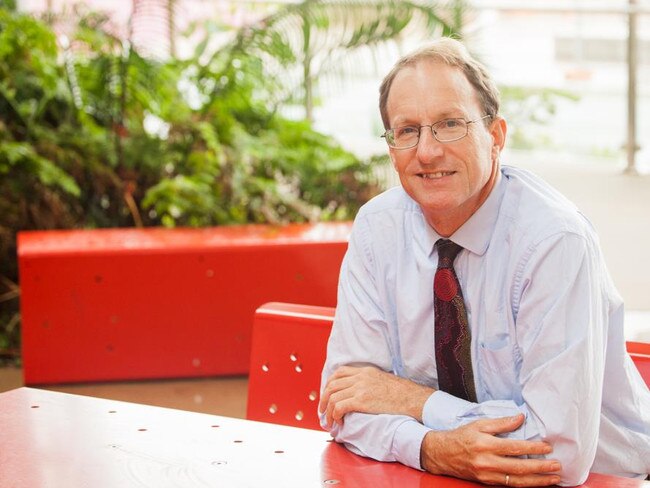
The National Anti-Corruption Commission has received more than 300 referrals since it began.
Professor A J Brown, of Griffith University’s Centre for Governance and Public Policy, demanded a new national set of protections for whistleblowers.
He argued that whistleblowers in the private sector needed more support to come forward to make best use of the new watchdog.
Senior police sources have warned they have serious concerns about the reach of bikie gangs and the mafia because of Australia’s lucrative drug trade.
Fears have been raised that the dirty cash has been funnelled into household name legitimate businesses, which are distorting the market in the health, transport and building industries.
Assistant Treasurer Andrew Leigh told the Transparency International conference more needed to be done to fight corruption.
“When corruption really gets into the bones of a society the damage it does to institutions can take generations to heal,” he said.
“Corruption diminishes us all. To live in a corrupt society is to live a less fulfilling life. But corruption has economic costs too,” he said.
“It undermines health and education. It diminishes tax revenues. It worsens inequality. It discourages investment. And it erodes trust.”




